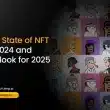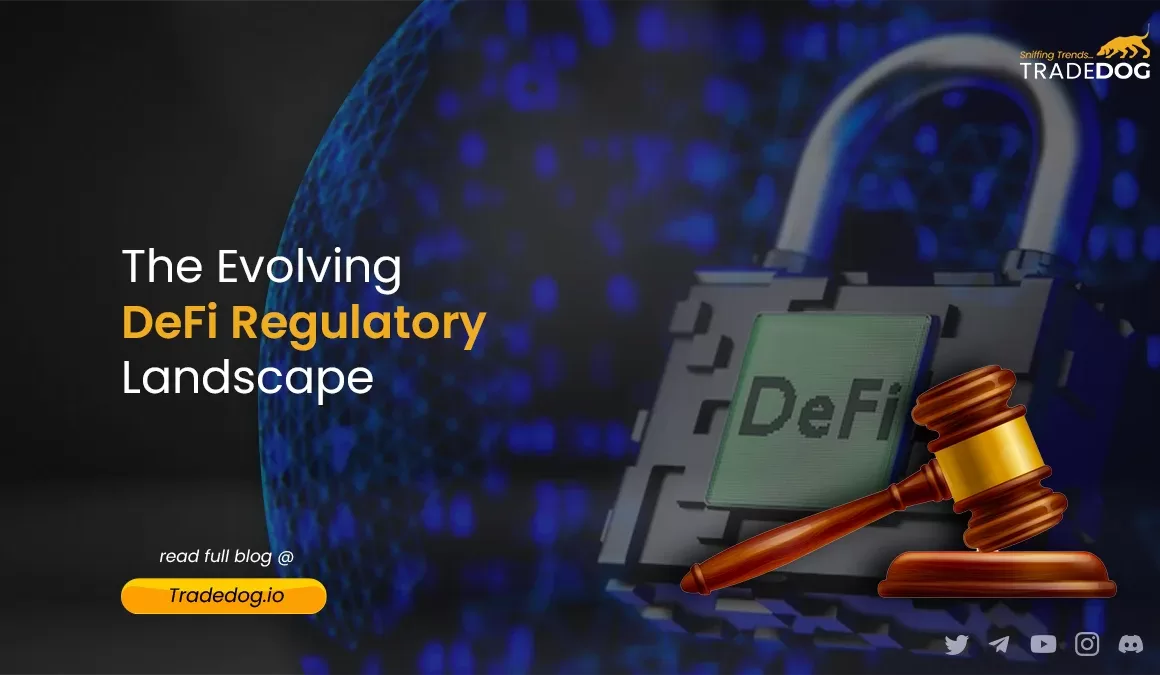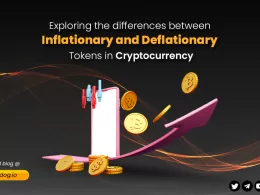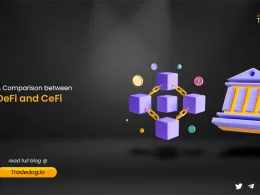Quick Links
Decentralized Finance (DeFi) has emerged as a transformative force in the financial sector, offering innovative solutions that promise to democratize access to financial services. As the DeFi ecosystem has expanded, it has inevitably attracted the attention of regulators in the U.S., leading to discussions, proposals, and actions aimed at defining the regulatory boundaries for these platforms.
The Allure of DeFi
DeFi platforms, built on blockchain technology, have revolutionized how we think about financial transactions. They allow users to lend, borrow, trade, and earn interest without the need for traditional financial intermediaries like banks. The allure of high returns and the promise of more control over one’s assets have driven a surge in DeFi adoption. However, as of September 2023, cybercriminals have cost crypto companies and DeFi protocols a staggering over $735 Million across 69 distinct hacks, as per data from DefiLlama. According to a report by blockchain security firm PeckShield, criminals managed to siphon off nearly $480 Million through smart contract DeFi hacks in the first half of 2023 alone. Euler Finance, a DeFi platform, suffered a significant breach, resulting in a loss of approximately $197 Million. This incident is considered one of the most substantial DeFi hacks of the year.
On a positive note, attacks and hacks on key crypto protocols witnessed a significant drop of 70% in Q1 2023 compared to the same period in 2022. This decline indicates that the crypto community might take more stringent security measures.
Regulatory Concerns and Challenges
The U.S. government’s approach to DeFi is one of caution. While being their strength, the decentralized nature of these platforms also poses challenges for regulators. Without a central authority to hold accountable, how does one regulate a system that is designed to be leaderless? The primary concern for regulators is the potential for illicit activities, evasion, and money laundering, given the pseudonymous nature of many DeFi transactions.
On August 25th, the U.S. Treasury and IRS have proposed crypto tax rules that categorize specific DeFi platforms as brokers. This classification means these platforms have the exact reporting requirements as traditional financial entities. However, the definition of “broker” in this context has sparked debates, mainly when applied to decentralized entities that don’t fit the traditional broker mould.
The Commodity Futures Trading Commission (CFTC) of the United States has also been active, bringing action against many DeFi businesses for alleged digital asset derivatives trading infractions, latest on September 07th. This move underscores the challenges of regulating novel financial instruments native to the DeFi space.
Emerging Legislative Proposals
The Crypto-Asset National Security Enhancement Act is a legislative proposal that has caught the attention of many in the DeFi community. This bill, introduced by Mr. Jack Reed in the Senate, aims to regulate DeFi platforms like banks. It clarifies how sanctions and anti-money laundering rules apply to individuals and businesses in the decentralized finance and virtual currency industries in the United States, among other things. While the bill intends to combat crimes facilitated by cryptocurrencies, it has raised concerns about the practicality of imposing traditional banking regulations on a decentralized system.
The Global Perspective
The U.S. is not alone in its quest to regulate DeFi. Countries around the world are grappling with similar challenges. Some nations, like Switzerland and Singapore, are fostering a more DeFi-friendly environment by offering crypto-friendly tax regulations and encouraging startups to build on blockchain, aiming to become global hubs for blockchain innovation. In contrast, others are taking a more restrictive stance, wary of the potential risks associated with unregulated financial platforms. This global divergence in regulatory approaches further complicates matters for international DeFi platforms.
The Road Ahead
Striking the right balance between fostering innovation and ensuring investor protection is delicate. Over-regulation could stifle the innovation that makes DeFi valuable, pushing developers and users to jurisdictions with a more lenient approach. On the other hand, a lack of clear regulations could leave consumers vulnerable to scams and fraud, undermining trust in the system.
In conclusion, the DeFi regulatory landscape in the U.S. is a work in progress. As the sector continues to evolve, it’s crucial for ongoing dialogue between the DeFi community, regulators, and other stakeholders. This collaboration will be vital in shaping a regulatory framework that serves the best interests of all parties involved, ensuring that the U.S. remains at the forefront of financial innovation while safeguarding the interests of its citizens. The journey is just beginning, and the uncertain destination promises to be transformative for the world of finance.









